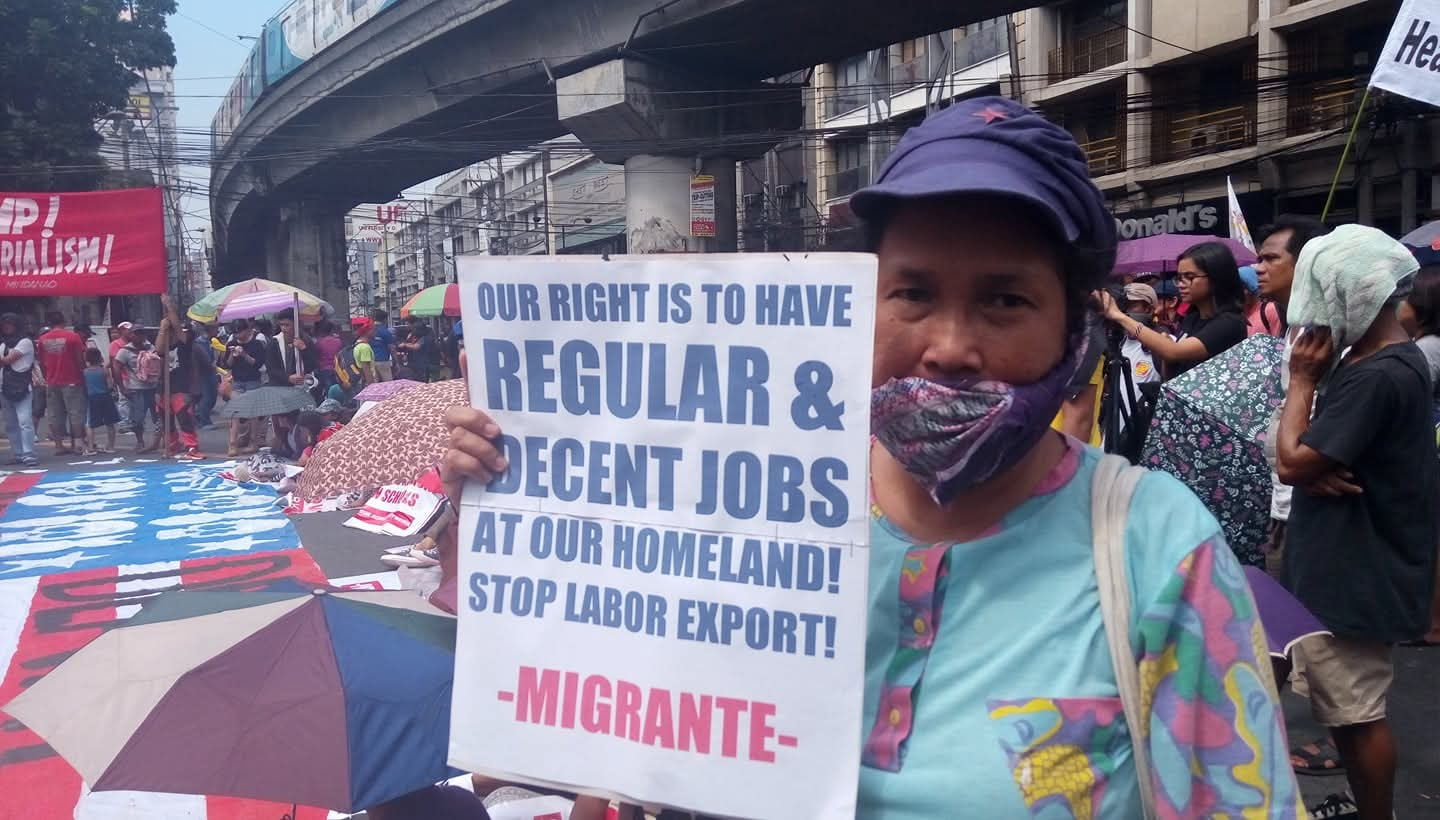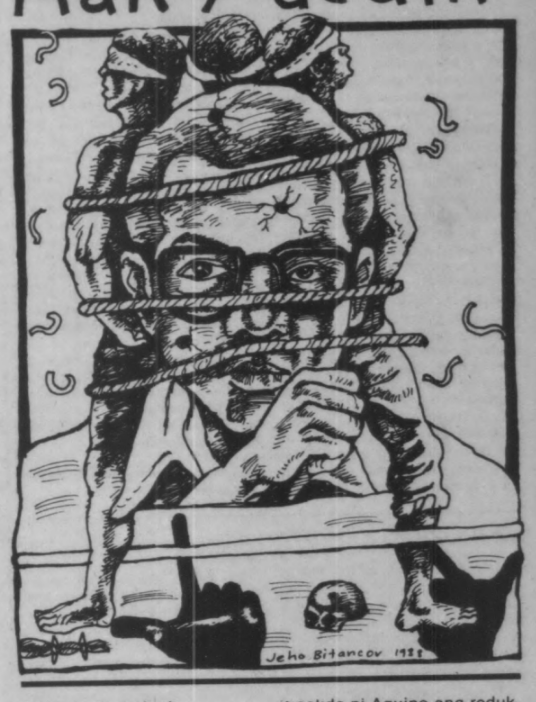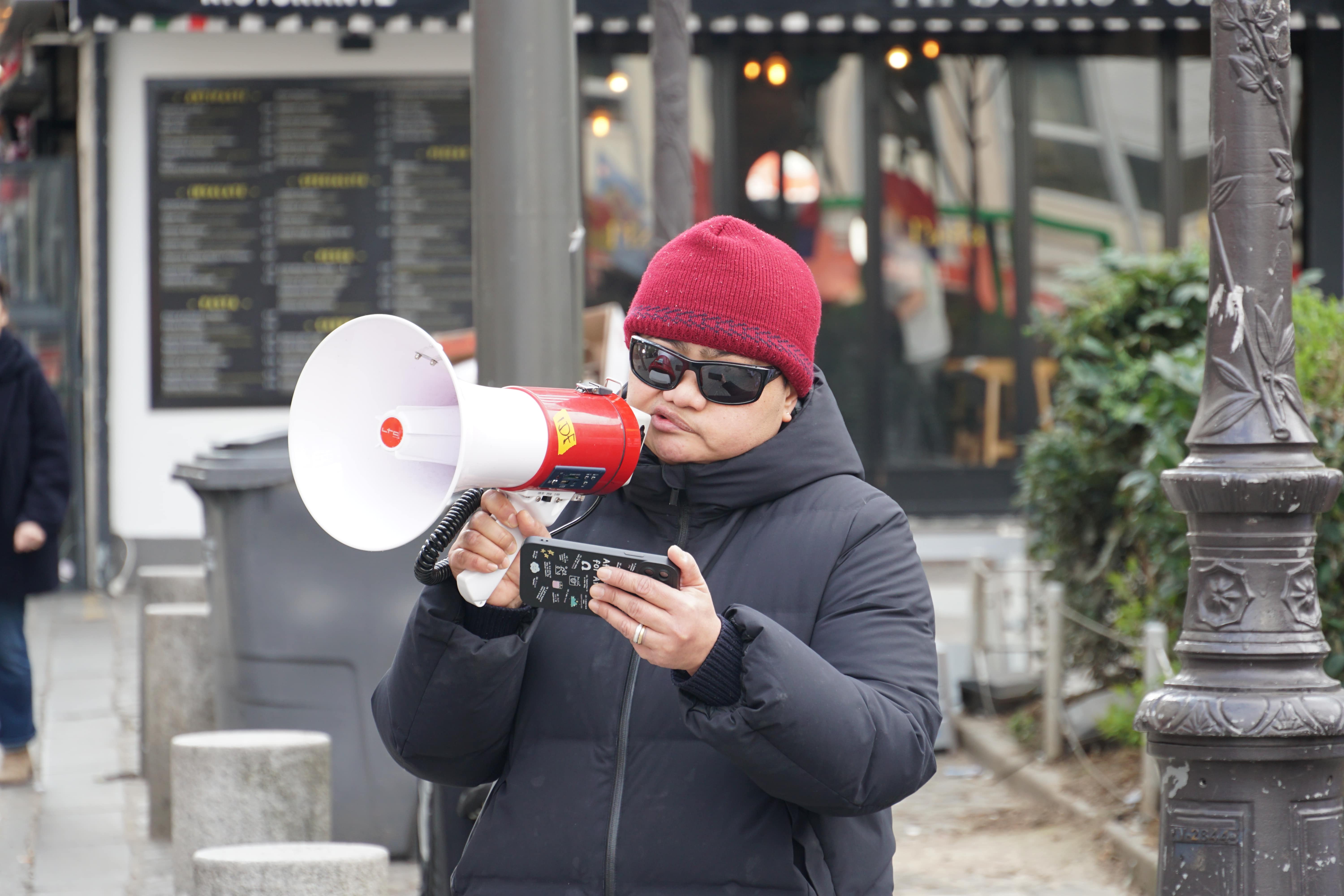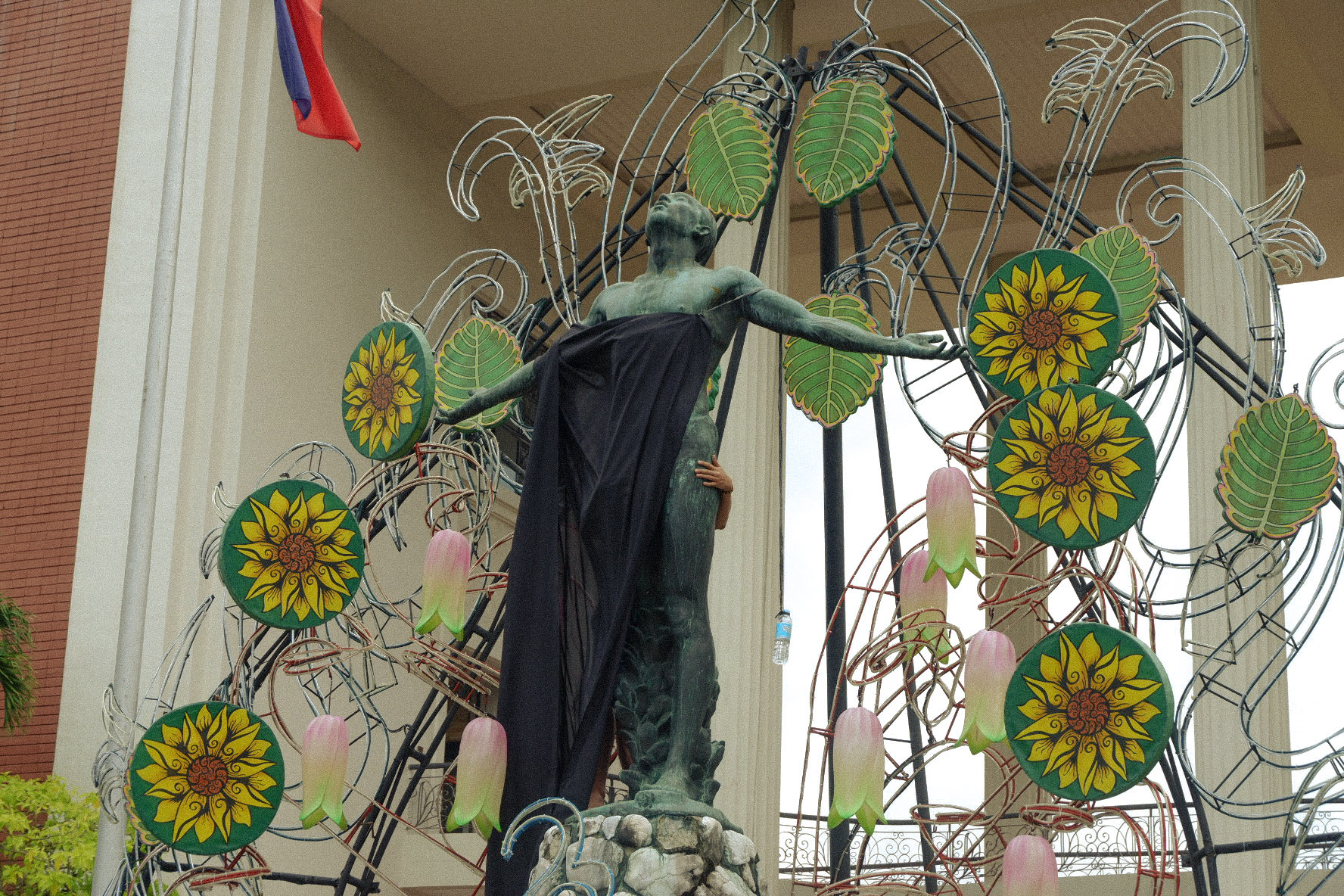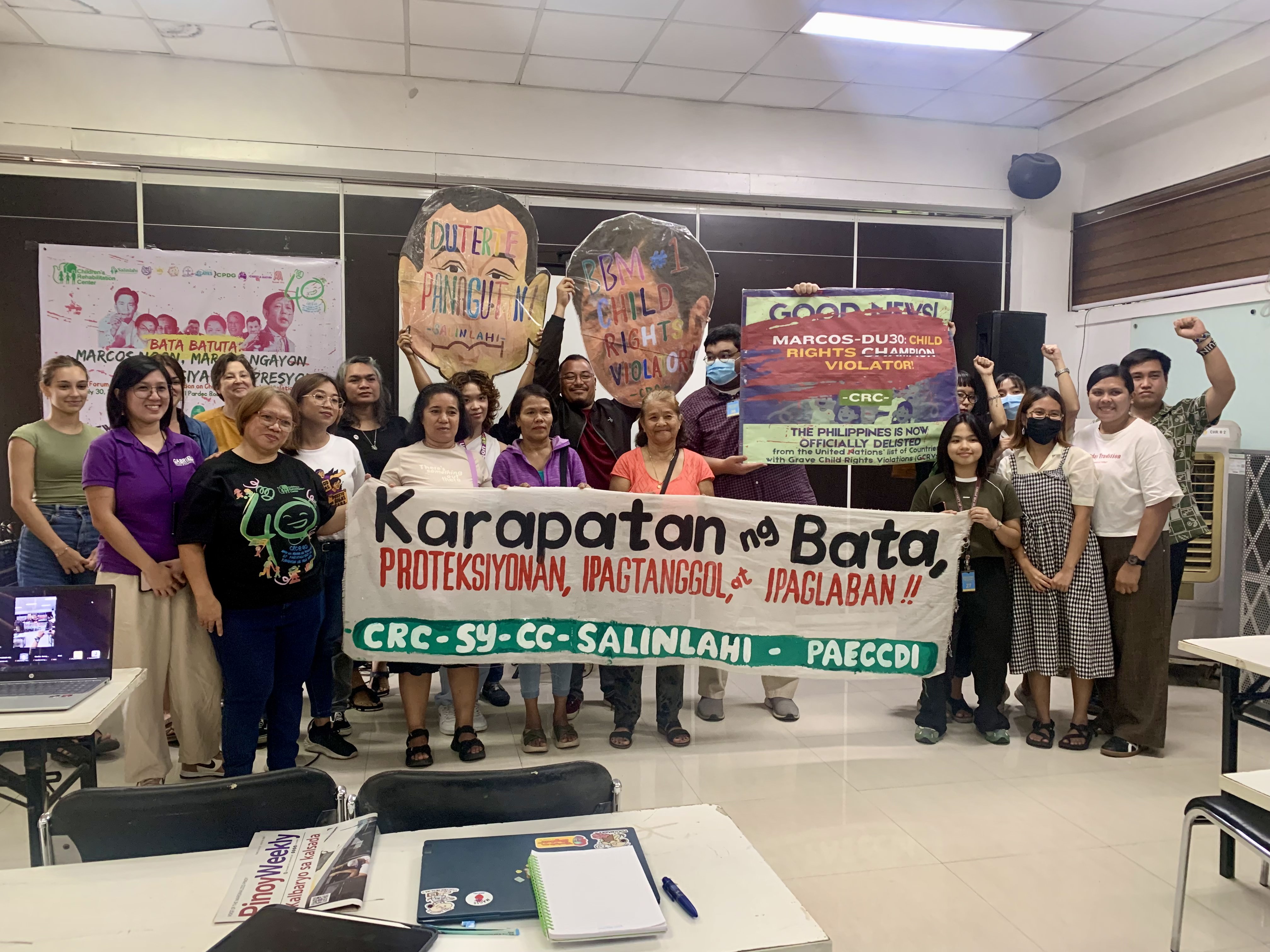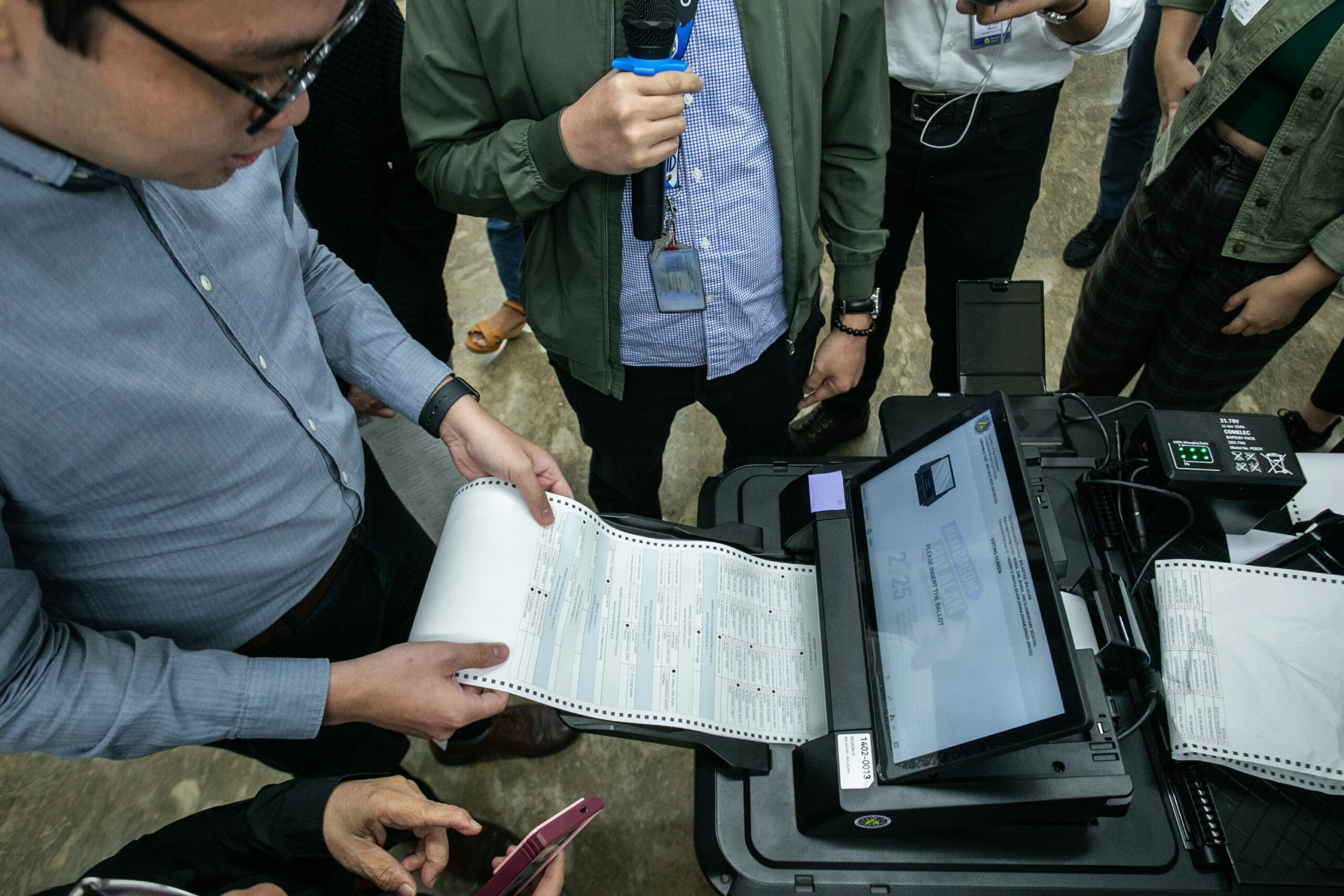They were promised jobs. They were given hopes of a stable income. Instead, they were trafficked.
Filipino trafficking victims from Cambodia scam hubs clamored for justice and accountability from the President Ferdinand Marcos Jr. administration in a media forum by Migrante International last July 19, as investigations, prosecutions, and victim support remain unmet.
According to a report by Migrante International, these cases of trafficking “work like clockwork” and are “a coordinated, cross-border trafficking pipeline,” for victims were instructed to fly only when certain immigration officers were on duty.
To facilitate the transport of victims, traffickers used connecting flights through different countries. Victims would then have their passports seized upon arrival, and would be later on detained in guarded scam hubs.
Traffickers used online platforms like Facebook to lure victims by promising them high-paying customer service work overseas.
But upon arriving at their new jobs, victims were instead forced into prolonged and heavily monitored shifts where they were compelled to defraud and phish fellow Filipinos by creating fake profiles online. Others mentioned duping fellow countrymen in online betting and investment loan scams.
Simon*, one of the victims, shared in the forum that they were given low wages. He was promised a salary of P1,200 per day, but upon arriving in Cambodia, was told that their salary was only P450.
“[Human resources] told us there’s nothing we can do because we’re already there, and that we have to follow what they tell us to do,” he said during the forum.
They were brought to large, secure, and isolated compounds, where they were kept in unsafe and unsanitary conditions with limited access to basic needs and communication. Failure to meet their quotas and attempting to seek help led to punishments such as deductions in salary, physical harm, strenuous physical activity, and public humiliation, among others.
Another victim, Justin*, was forced to strip and threatened with electrocution. “When they couldn’t get any information from me, they just threw me in a jail cell,” he said.
Survivors stated that after contacting the Philippine embassy for help, authorities did not treat them as victims in need of immediate rescue. Instead, they were kept in cramped jails with little food or water.
Batches of Filipino migrant victims were sent home from Cambodia via flights with efforts from both Philippine and Cambodian government agencies. But one victim mentioned that after landing at Ninoy Aquino International Airport, no one was there to receive or offer immediate assistance to them.
Under the Marcos administration, repatriation efforts for victims of human trafficking from said scam hubs have remained delayed, evident by slow waves of rescue operations and unresolved investigations.
Recently, 14 Filipinos were rescued and returned back to the country, but traffickers are still free and unprosecuted. A total of 148 cases of human trafficking are still pending in Cambodia, Laos, Myanmar, and Thailand, per foreign affairs Spokesperson Angelica Escalona on Aug. 18.
Other efforts from the government include advisories to verify job offers from overseas. But Migrante International demanded that the current administration take these cases of human trafficking seriously and offer more than just advisories and statements.
Victims hoped to better their livelihoods due to the lack of reachable opportunities locally, and their decision to accept the job offers was out of their desire to escape hardship, emphasized Rev. Gerald Paulo of the United Methodist Church during the forum.
In June 2025 alone, the country’s unemployment rate sat at 3.7 percent, translating to 1.95 million unemployed Filipinos. Demands for living wages in the country have also remained unmet, considering that wage increases, like the proposed P200 hike in the 19th Congress, are still unfulfilled.
As scant opportunities in the Philippines continue to push workers abroad out of desperation, migrant groups demand that those trafficked by scammers be at least assisted and returned to the country.
“It’s clear that our government has been careless, and remains to be careless, regarding these cases of human trafficking,” Joana Conception, chairperson of Migrante International, said, “Our government should be ashamed, our leaders who allow our countrymen to be treated as criminals and slaves should be ashamed,” she added. ●
*The victims only used their first names in the forum for anonymity.
